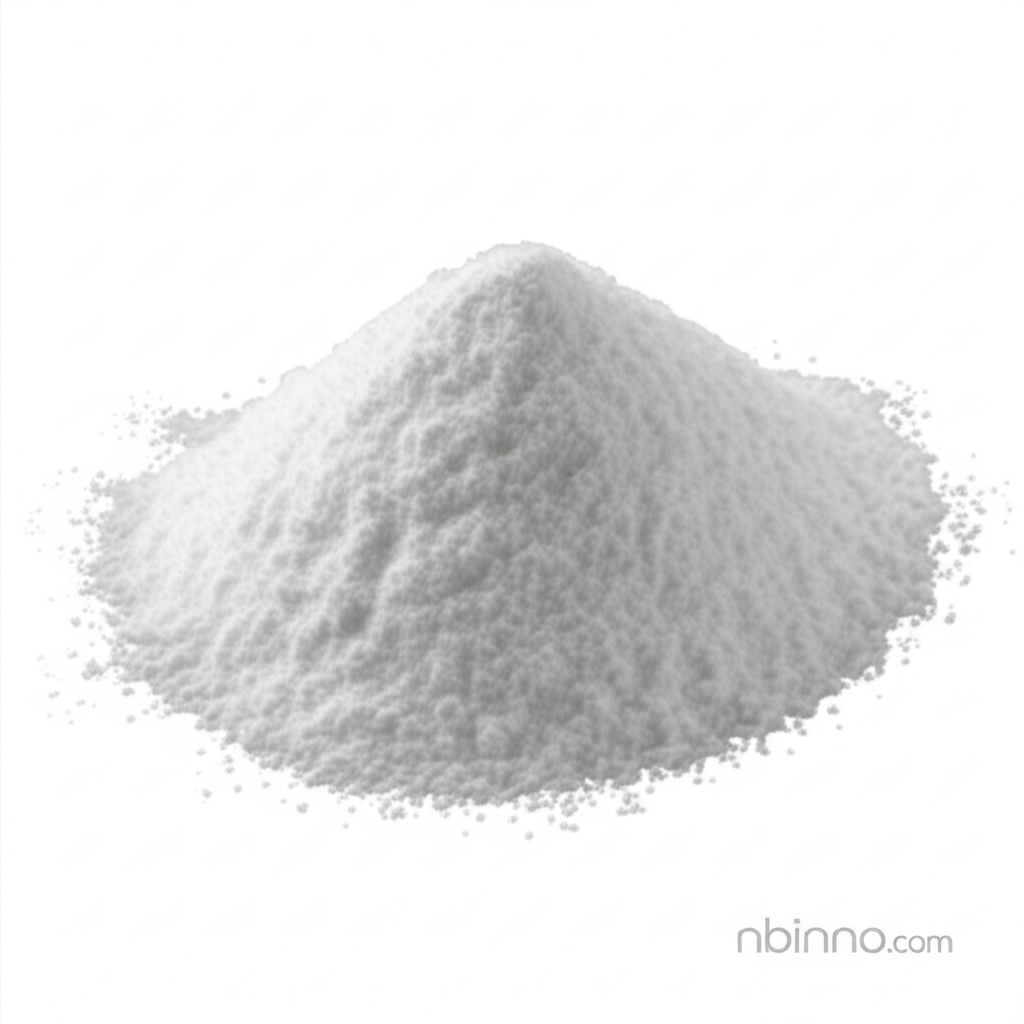Microcrystalline Cellulose: The Pharmaceutical Excipient Powerhouse
Discover the science behind MCC, a vital component for effective drug delivery and advanced formulations.
Get a Quote & SampleProduct Core Value

Microcrystalline Cellulose
Microcrystalline Cellulose (MCC) is a plant-derived excipient renowned for its exceptional versatility in pharmaceutical and food applications. Its unique properties make it an ideal binder, filler, disintegrant, and lubricant, crucial for the successful formulation of tablets and capsules. MCC facilitates efficient manufacturing processes like direct compression and wet granulation, ensuring product quality and performance.
- Explore the microcrystalline cellulose pharmaceutical grade for stringent quality requirements in drug formulation.
- Understand the microcrystalline cellulose binder properties that ensure tablet cohesion and structural integrity during manufacturing.
- Learn about the uses of microcrystalline cellulose in tablets, from acting as a filler to enhancing disintegration for optimal drug release.
- Delve into the microcrystalline cellulose manufacturing process to appreciate the care taken to ensure its purity and functionality.
Key Advantages
Exceptional Binding Capacity
MCC's plastic deformation under compression creates a strong binding network, crucial for producing robust tablets, a key aspect of its microcrystalline cellulose binder properties.
Enhanced Flowability and Compressibility
Its physical attributes contribute to superior flow and compressibility, vital for efficient tablet production, especially in microcrystalline cellulose for direct compression applications.
Versatile Disintegrant Action
The porous structure and water absorption of MCC facilitate rapid tablet disintegration, ensuring timely drug release, a significant benefit when considering microcrystalline cellulose as disintegrant.
Key Applications
Pharmaceutical Formulations
As a primary excipient, MCC is fundamental in creating tablets and capsules, significantly impacting the success of microcrystalline cellulose applications in pharmaceuticals.
Direct Compression Tableting
Its ideal properties for direct compression make it a preferred choice, simplifying manufacturing and improving efficiency for pharmaceutical products.
Wet Granulation Processes
MCC's wicking action aids in uniform granulation and drying, demonstrating its critical role in microcrystalline cellulose applications in pharmaceuticals.
Food Industry
Beyond pharmaceuticals, MCC serves as a texturizer and bulking agent in various food products, showcasing its broad industrial utility.
